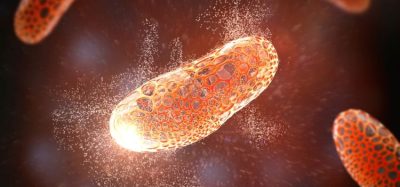New drug may slow progression of Parkinson’s disease
Posted: 1 August 2017 | Dr Zara Kassam (European Pharmaceutical Review) | No comments yet
A preclinical model of Parkinson’s disease was employed to compare the effects of the dopamine agonist ropinirole to a new drug…


D-512 may also protect again the progression of Parkinson’s disease. The researchers noted that D-512 may have fewer side effects than current medications. When patients take anti-parkinsonian drugs, over time they develop hyperkinetic movements that are hard to control, called dyskinesia. Coupled with D-512’s beneficial effects on motor symptoms, the researchers argue that it therapeutic features are highly desirable.
“A major issue for Parkinson’s disease patients is the need to take multiple medications, multiple times per day. So we were quite astounded to discover that our new compound, D-512, was superior to the widely-used drug, ropinirole, in terms of maximal symptom relief and duration of action,” said Binghamton University Psychology Professor Chris Bishop.
The researchers are currently at a pre-clinical phase. Their goals are two-fold: to understand how D-512 actually provides neural protection and therapeutic relief, while also looking at different models of Parkinson’s disease that will translate into the clinic.
“D-512 is unique because it not only treats the symptoms of Parkinson’s disease, but the molecule itself is an antioxidant,” said former graduate student David Lindenbach. “This antioxidant property is important because a major cause of Parkinson’s disease appears to be excessive oxidative stress is a small group of movement-facilitating brain cells.”
The paper, “D-512, a novel dopamine D2 / D3 receptor agonist, demonstrates superior anti-parkinsonian efficacy over ropinirole in parkinsonian rats,” was published in The British Journal of Pharmacology.









